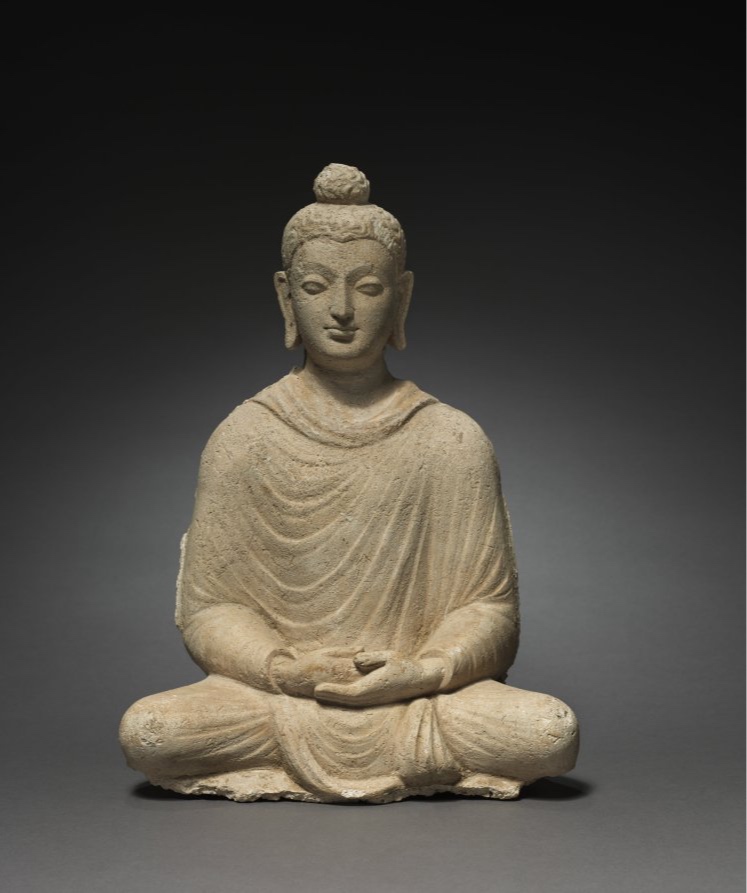Are you one of those people that relaxes with a good detective story? This may seem an odd question for a Zen group blog. But recently, I was turned on (thank you Louisville Zen Center’s dharma study group) to a unique detective, Tenzing Norbu, in the book “The First Rule of Ten” by Gay Hendricks and Tinker Lindsay. Tenzing is a former Tibetan monk who always wanted to be a policeman. When he leaves monastic life at 18, he’s given that opportunity and he becomes an LAPD detective and later a private investigator. But he doesn’t leave his training behind, and we are introduced to an officer who does daily meditation, is a vegetarian, investigates his thoughts and feelings, and strives to live with compassion and intentiont to reduce suffering in every circumstance. He’s complicated, like the rest of us.
I found it instructive to see how he brings his practice to his work and his relationships, even if his practice isn’t Zen. Here’s an example taken from his thoughts following an interview with a suspect: “I felt sad for Thomas Florio, Sr., but there wasn’t much I could do besides send him good thoughts; he would have to do the rest. Life demands that we face the consequences of our actions, and sometimes it boils down to a series of sweaty ten-minute conversations that you’re either willing to have or you’re not. Florio had a few such conversations looming over his future, and I hoped for his sake he wouldn’t put them off for too much longer.” Or this one when he’s trying to help someone make a decision: “Every situation comes with myriad karmic influences and conditions. The Buddha himself said that karma is so complex a person could go crazy trying to figure it out…” Or here when he’s trying to focus on some dilemmas in his work during meditation: “I posed my questions…What are these three men really up to? How can I use my skills and presence to ensure that the highest good is accomplished? I ended with an all-purpose benediction I apply whenever I ask for assistance from unseen forces…May answers come to me by easeful attraction rather than stressful pursuit, and may all beings benefit from these inquiries.” There are numerous incidents when Tenzing senses something in his body and uses his spiritual practices to investigate the possible emotions or thoughts behind the feeling with the kind of curiosity and intensity that is at the root of our Zen practice as well.
Of course, there are many many invaluable nonfiction books on Zen and the dharma that will spur us to practice. But as a retired English teacher and an avid reader throughout my life, I have never lost my enjoyment of a good novel. And this one hits several buttons at once. Perhaps you’ll enjoy it too.


